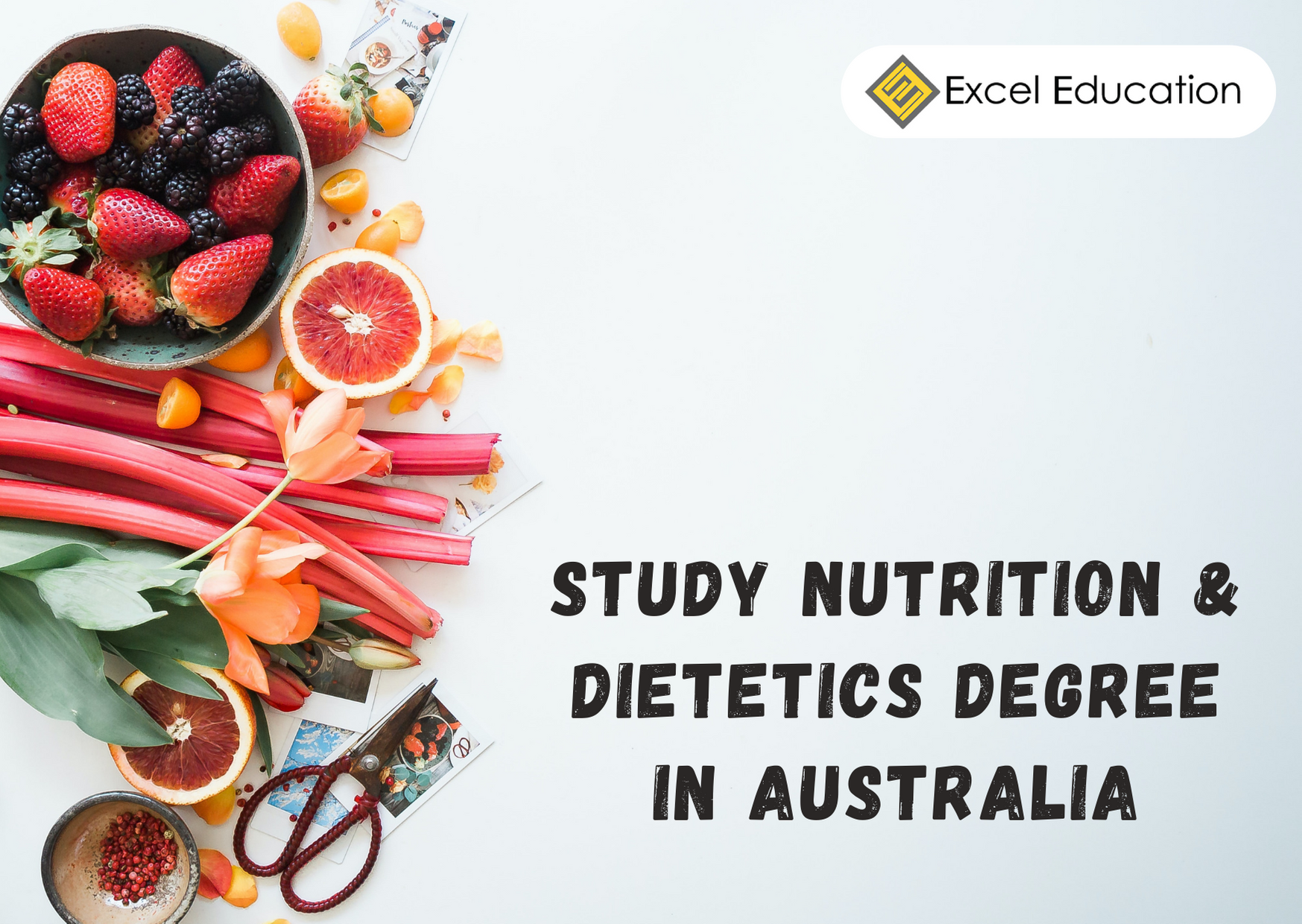
What are the Differences Between a Nutritionist and a Dietician?
It is common for people to mistakenly think that dieticians and nutritionists are the same. They are undoubtedly related to one another in terms of promoting healthy well-being to the public, but they are different especially in terms of professional credentials and the types of clients they work with.
Nutritionists promote healthy eating habits and a balanced lifestyle to improve the health of clients. They don’t consult clients with an illness. Instead, they advise people on ways to improve their health by eating the right food. The term “Nutritionist” is not regulated by the law, meaning that graduates can directly become a nutritionist without a professional license.
On the other hand, dieticians are certified healthcare specialists, using their advanced knowledge of science in nutrition to offer expert advice on eating habits to people with serious health issues such as obesity, diabetes and eating disorders. Unlike nutritionists, dieticians are required to obtain a professional certificate or license to proclaim themselves as dieticians.
Importance of Nutrition and Dietetics
More and more people are working in an office setting, where they spend long hours sitting without having much time to move around after mealtime or after work, which could affect their health in terms of the digestive system and increase the risk of heart diseases. Other than that, people consume high levels of sugar, fats, and salts, which could lead to severe health-related diseases such as high blood pressure, diabetes, and high cholesterol. Thus, nutrition and dietetics play a vital role to educate people to eat right, stay physically active, and live healthy lives by making the right food choices.
Nutrition and dietetics help the healthy development of children and young adolescents. Children and young adolescents who have a well-balanced diet will increase their learning potential. Nutritious food will body and mind as well as improve concentration level in classes. On the contrary, the lack of sufficient nutrients in daily meals will deliberately affect mental health as they are more likely to be fatigued and stressed, which affects their focus on their studies.
What do Nutritionists and Dieticians do?
The main responsibility of nutritionists and dieticians is to promote or advise the public about the significance of eating healthy food and maintaining a balanced diet. Their day-to-day responsibilities are as follow:
Roles and Responsibility of a Nutritionist and Dieticians
- Construct a diet and exercise plan for healthy clients to maintain their healthy lifestyle.
- Plan menus for clients and advise them on the health effects of certain foods
- Track the effectiveness of their menus and documents patients’ progress
- Coordinate and lead group or individual cooking classes.
- Keep themselves updated on the latest research in this field.
- Help patients with health-related problems make healthy food choices.
- Design food-related policy developments.
- Educate individuals, governments, education facilities, and industries on nutrition programs.
- Advising catering services about specific dietary requirements.
- Conduct nutrition research.
How to Become a Nutritionist & Dieticians in Australia?
Students who prefer to become a nutritionist or dietician are required to complete a bachelor’s degree in Nutrition and Dietetics. The course typically takes three or four years to complete. The degree course equips students with knowledge in the science of nutrients and their daily life effects.
Upon graduation, students can pursue their career as nutritionist or dietician. Graduates who prefer to become a nutritionist may apply for membership with the Nutrition Society of Australia. Applications are considered by the NSA Council from individuals with a suitable qualification in Nutrition & Dietetics. On the other hand, those who are interested in dietetics are eligible to join Dietitians Australia (DA) and the Accredited Practising Dietitian (APD) program to become a licensed dietician.
Career Opportunities with a Nutrition and Dietetics Degree
Graduates with a degree in nutrition and dietetics may pursue their career in various industries, including as follows:
Public Health
Focus on improving the public’s lifestyle by educating on healthy eating habits. They may work with families, children, the elderly and pregnant women.
Food Service
Responsible for supervising everything related to food, from purchasing and preparation to staff safety practice.
Sports & Fitness
Nutritionist/dietician assesses and consults athletes or sportsmen about the nutritional needs for them to stay fit and healthy.
Clinical
Liaise with doctors and therapists to accelerate patients’ recoveries by educating patients about nutrition and handle nutrition therapy.
Private Practice – Consulting
Dietitian Nutritionists either work under contract to serve healthcare companies or food companies or work as self-employed nutritionists. They usually conduct nutrition assessments and screening of their clients and advise them on maintaining a balanced diet.
Academic Entry Requirement of Nutrition and Dietetics Degree
|
STPM |
Minimum grade B in three subjects (Including chemistry and mathematics) |
|
A-Levels |
Grade range from BBB to AAA |
|
UEC |
Average of B5 from 5 academic subjects. |
|
ATAR |
An average score of 95 |
|
International Baccalaureate (IB) |
A minimum score of 35 points |
*The requirements may vary among universities, for inquiries on other entry requirements, contact Excel Education.
English Requirement of Nutrition and Dietetics Degree
|
IELTS |
An overall score of 6.5 with a minimum of 6.0 in each sub-bands |
|
TOEFL |
An overall score of 80 with Listening:18, Reading:18, Speaking: 18 and Writing:18 |
|
PTE |
An overall score of 65 with 58 in each sub-bands. |
*The requirements may vary among universities, for inquiries on other entry requirements, contact Excel Education.
Top Universities to Study Nutrition and Dietetics Degree in Australia
#1 Queensland University of Technology (QUT)

Image credit: Queensland University of Technology
QUT helps students gain hands-on experience providing nutrition assessments and dietary advice to real clients in QUT Health Clinics, including providing advice for managing chronic disease, before and after surgery, eating disorders and allergies.
|
Program |
Bachelor of Nutrition and Dietetics (Honours) |
|
Intake (2021) |
February |
|
Duration |
4 years (Full time) |
|
Indicative Annual Fees (2021) |
Contact Excel Education |
#2 Griffith University

Image credit: Griffith University
Griffith University offers students learning through extensive hands-on experience in state-of-the-art facilities, including a purpose-built teaching kitchen and a nutrition clinic in the new Griffith Health Centre.
|
Program |
Bachelor of Nutrition and Dietetics |
|
Intake (2021) |
March & July |
|
Duration |
4 years (Full time) |
|
Indicative Annual Fees (2021 |
Contact Excel Education |
#3 University of Newcastle (UON)

Image credit: University of Newcastle
Accredited by the Dietitians Association of Australia (DAA)The University of Newcastle’s Bachelor of Nutrition and Dietetics combines theoretical and scientific knowledge with practical learning to ensure students are well-prepared for a career in nutrition and dietetics.
|
Program |
Bachelor of Nutrition and Dietetics (Honours) |
|
Intake (2021) |
February |
|
Duration |
4 years (Full time) |
|
Indicative Annual Fees (2021 |
Contact Excel Education |
#4 Deakin University

Image credit: Deakin University
The Bachelor of Nutrition Science (Dietetics Pathway) is designed for students who wish to pursue a career as a dietitian, with a guaranteed pathway to Deakin’s Master of Dietetics. Students are required to complete the necessary units and meet the weighted average mark (WAM) requirement to pursue higher studies.
|
Program |
Bachelor of Nutrition Science (Dietetics Pathway) |
|
Intake (2021) |
February & July |
|
Duration |
3 years (Full time) |
|
Indicative Annual Fees (2021 |
Contact Excel Education |
#5 Flinders University

Image credit: Flinders University
Accredited by the Dietitians Association of Australia, Flinders’ research in nutrition and dietetics ranked well above the world standard in the Australian Government’s latest Excellence in Research Australia rankings (2015).
|
Program |
Bachelor of Nutrition and Dietetics |
|
Intake (2021) |
March |
|
Duration |
4 years (Full time) |
|
Indicative Annual Fees (2021 |
Contact Excel Education |
Contact us to find out more!
Student enquiries:
Call/Whatsapp: +60182414802
Email: [email protected]
For more stories like this, join the Excel Education community on Facebook or follow us on Instagram
Need help with your uni application? Connect with us here
About the Author

Sasvin Ravi
I am a freelance content writer, writing on a weekly basis while discovering my true passion..

